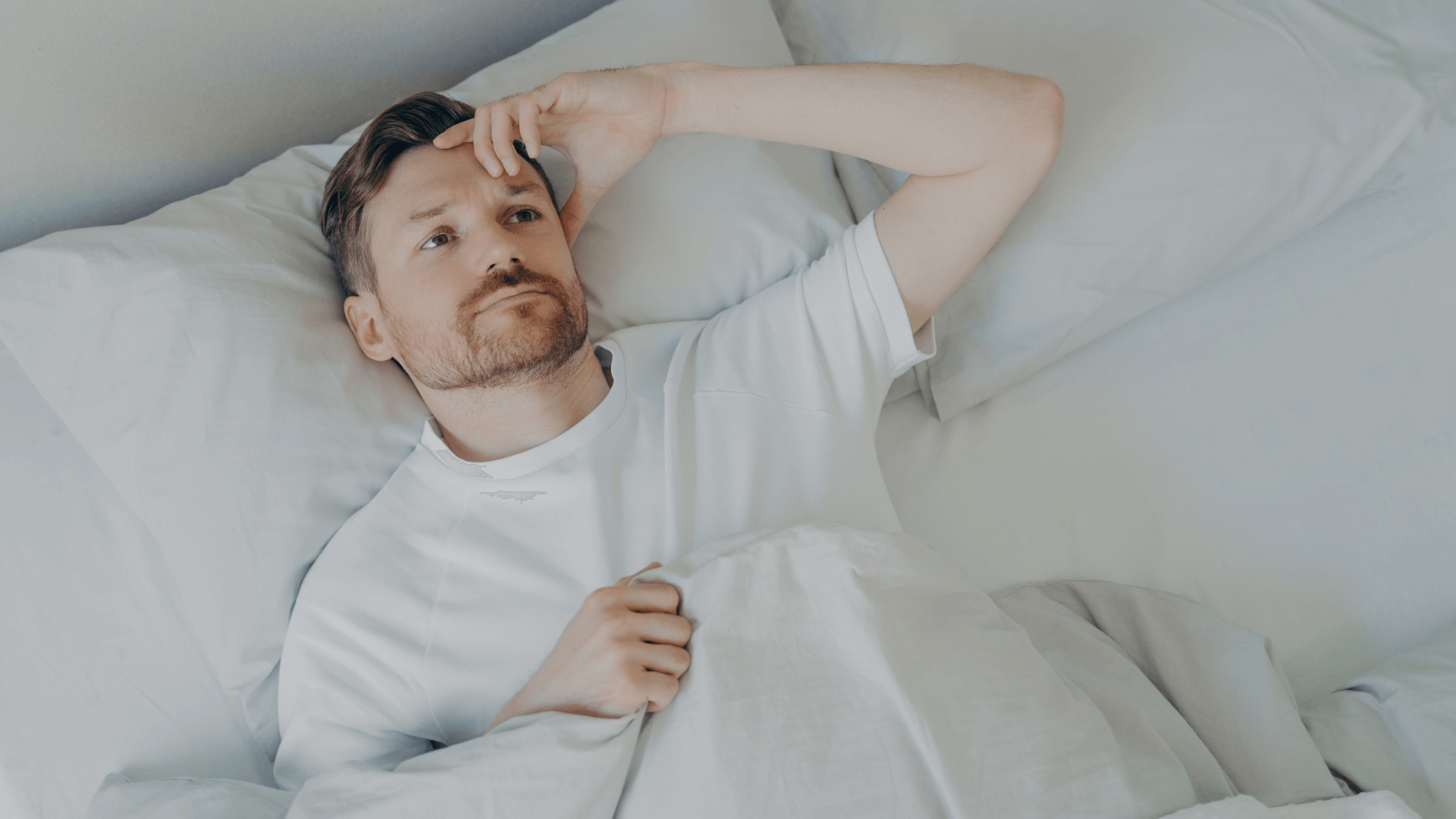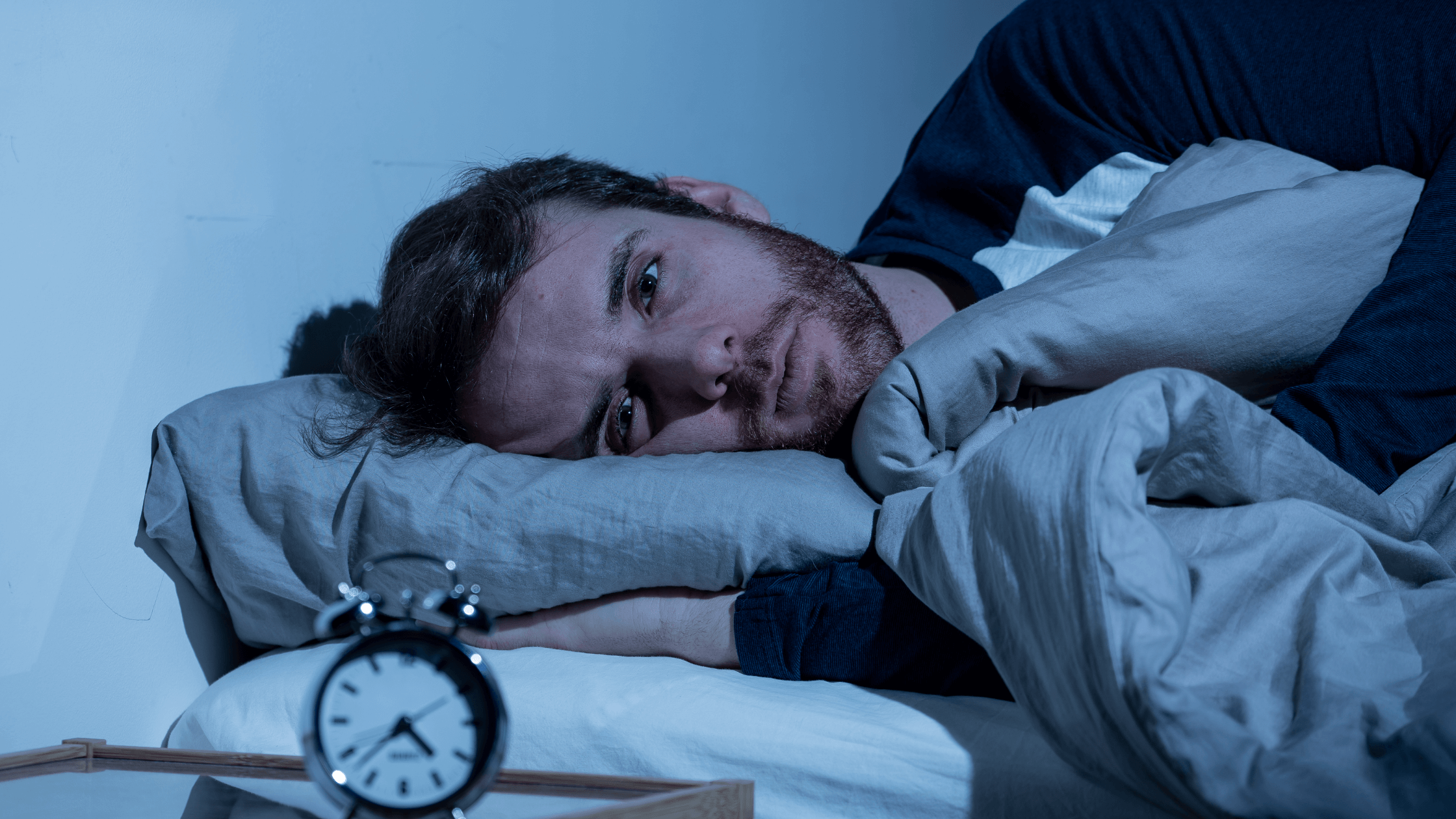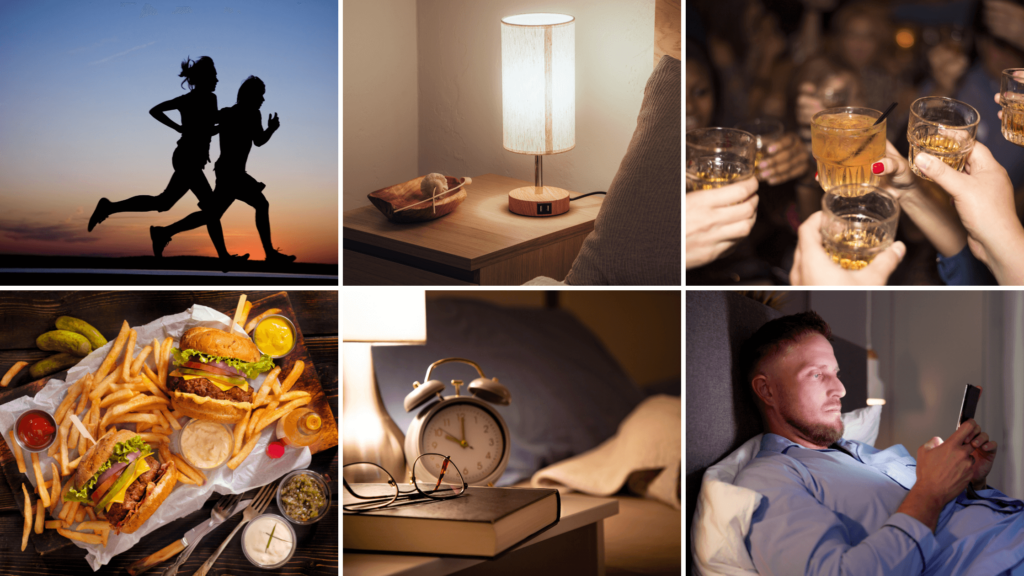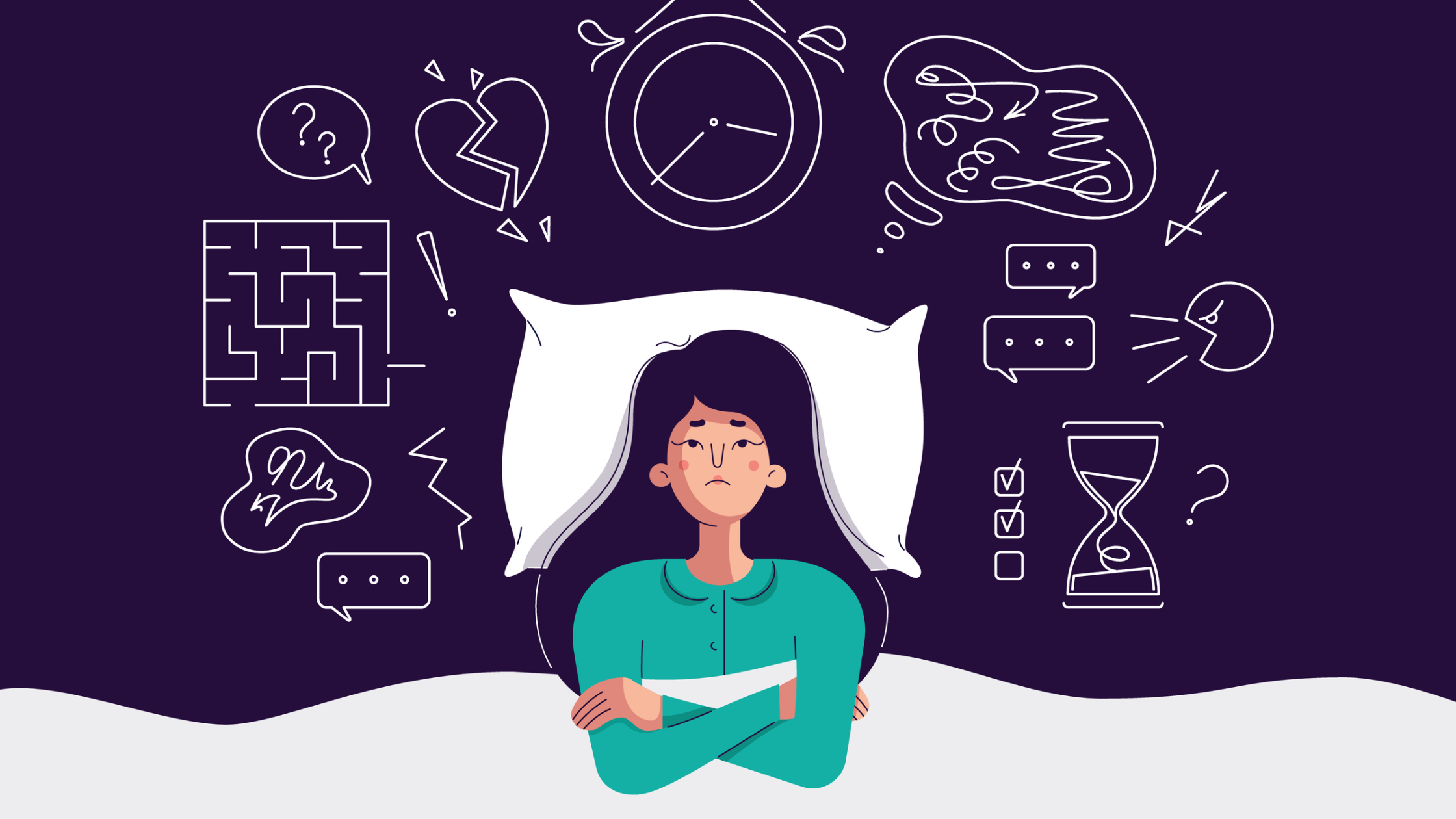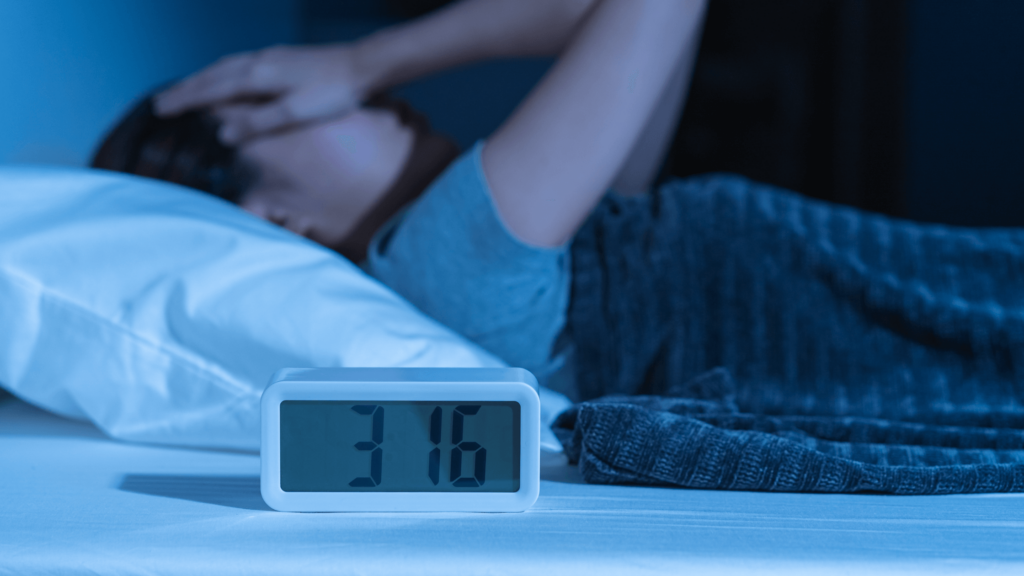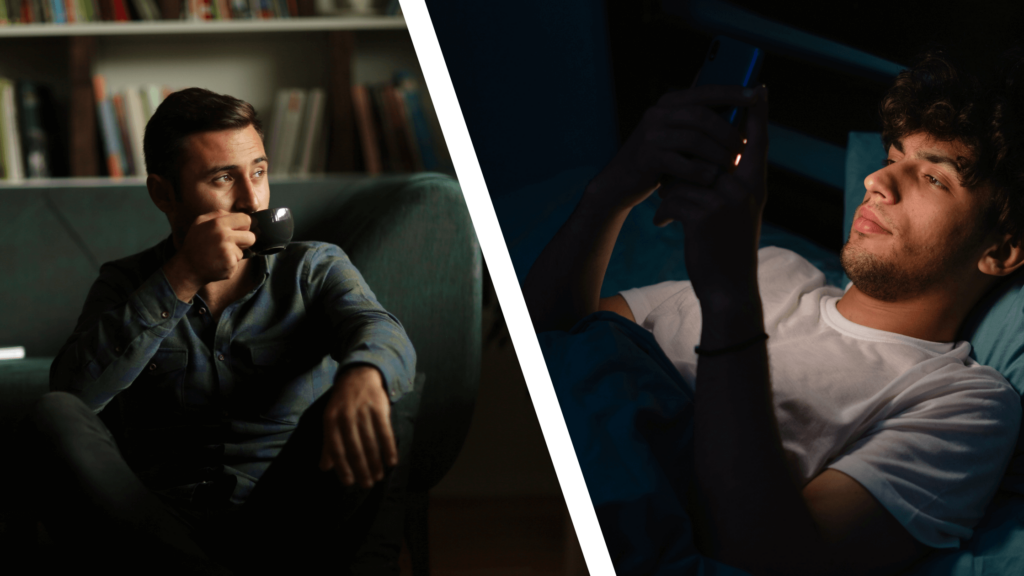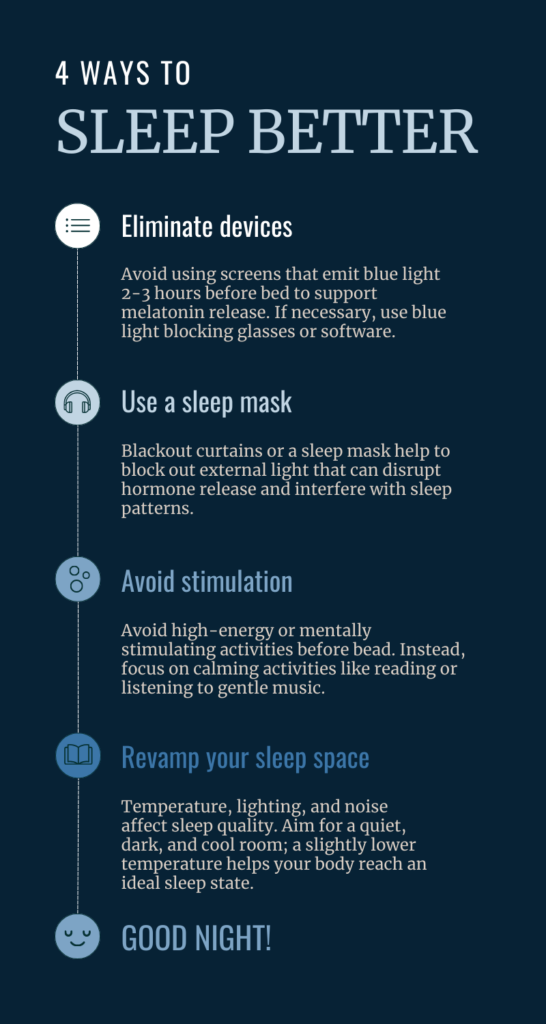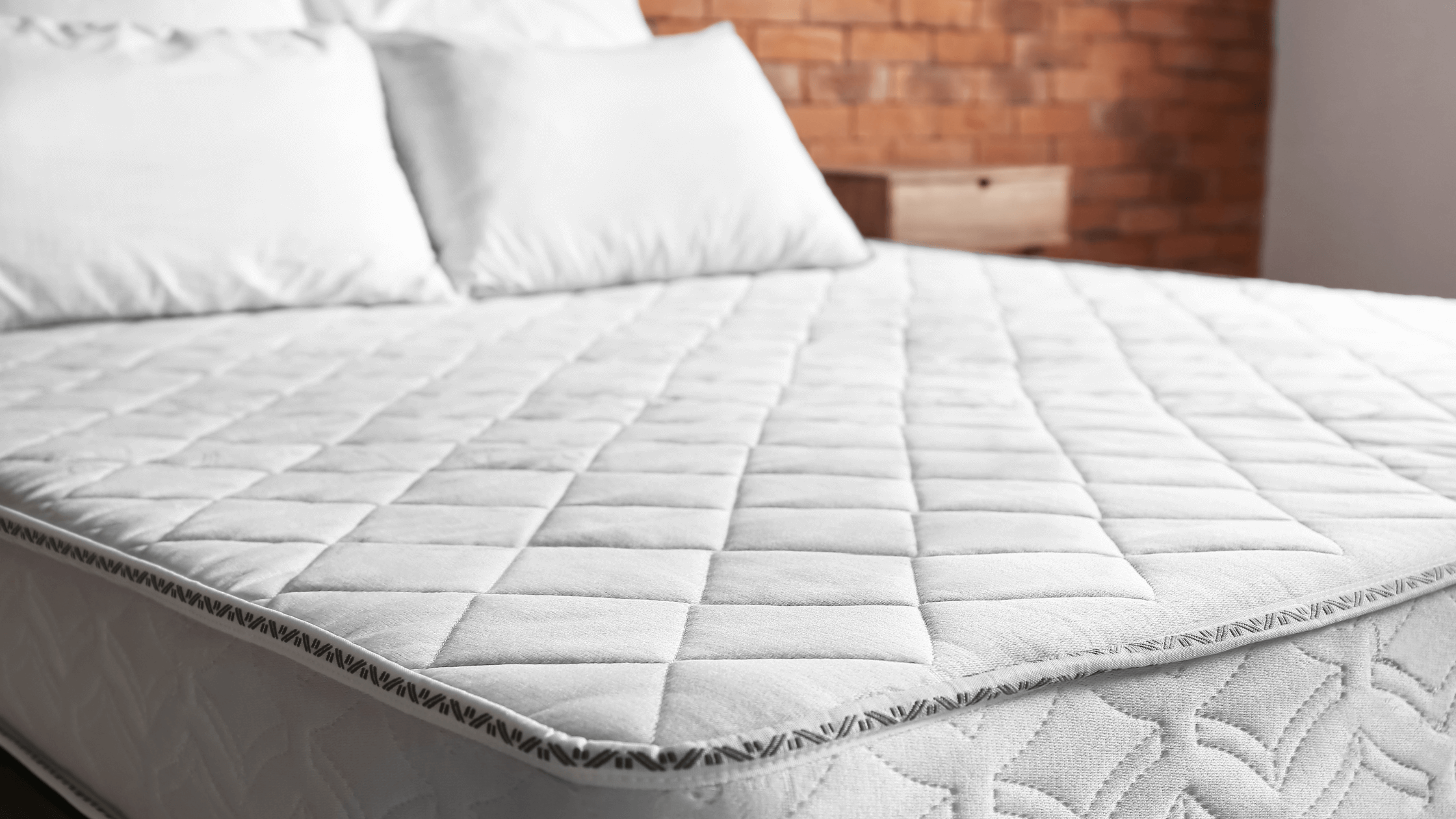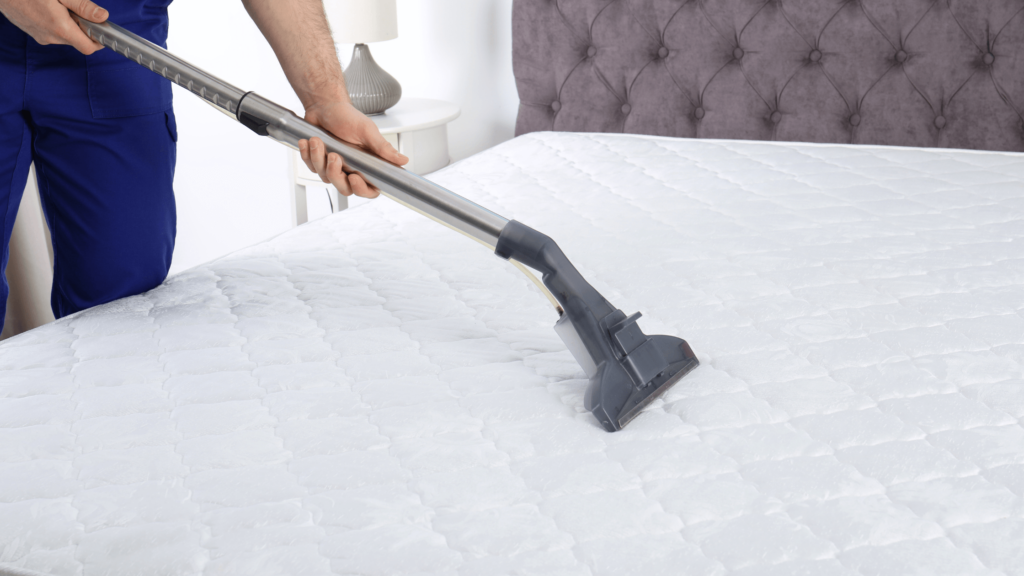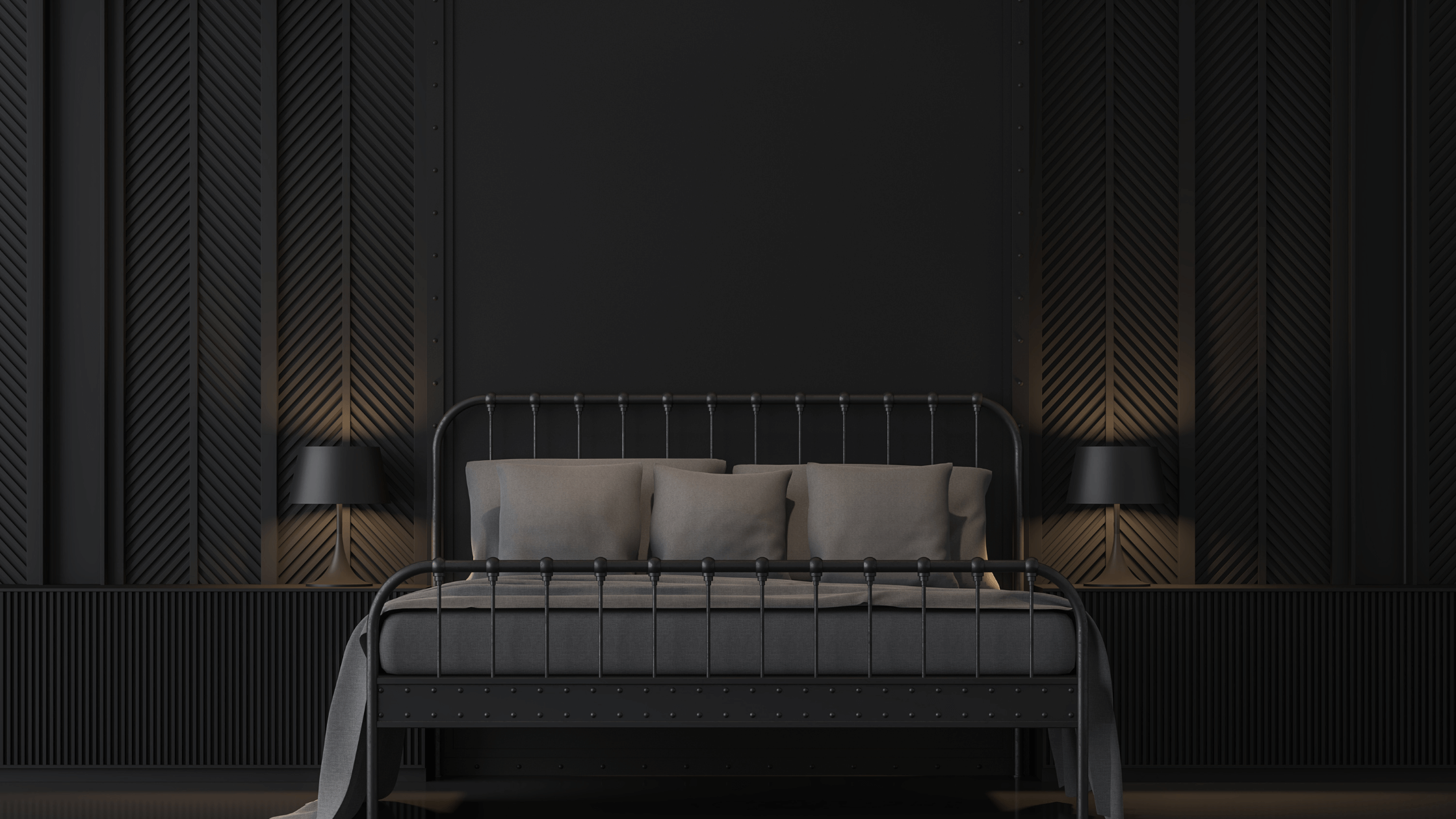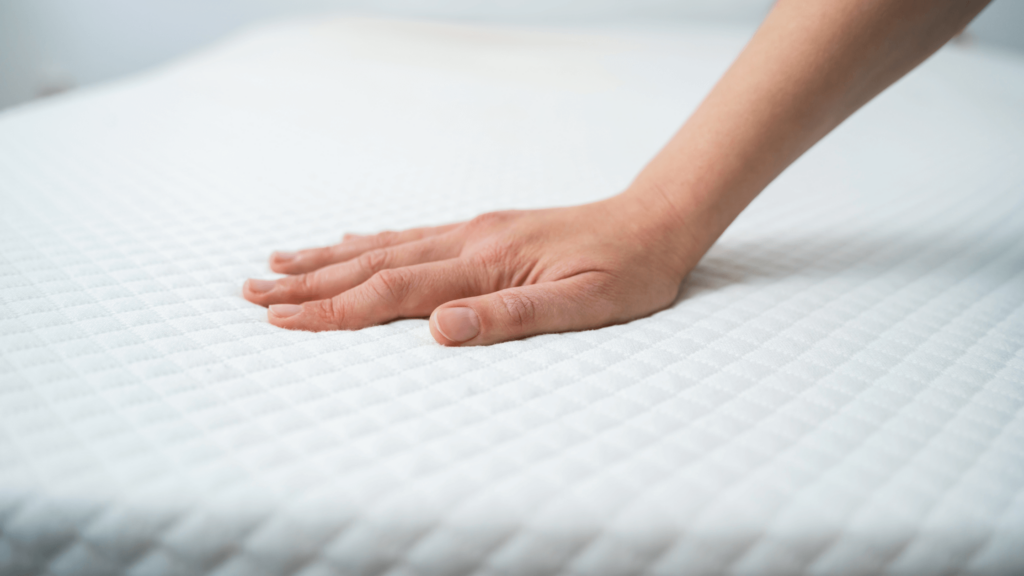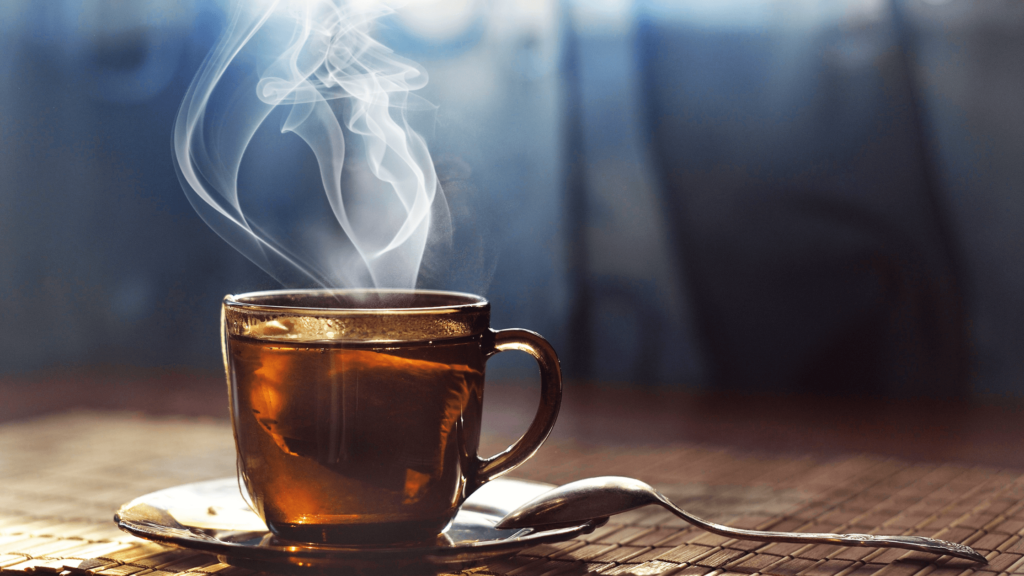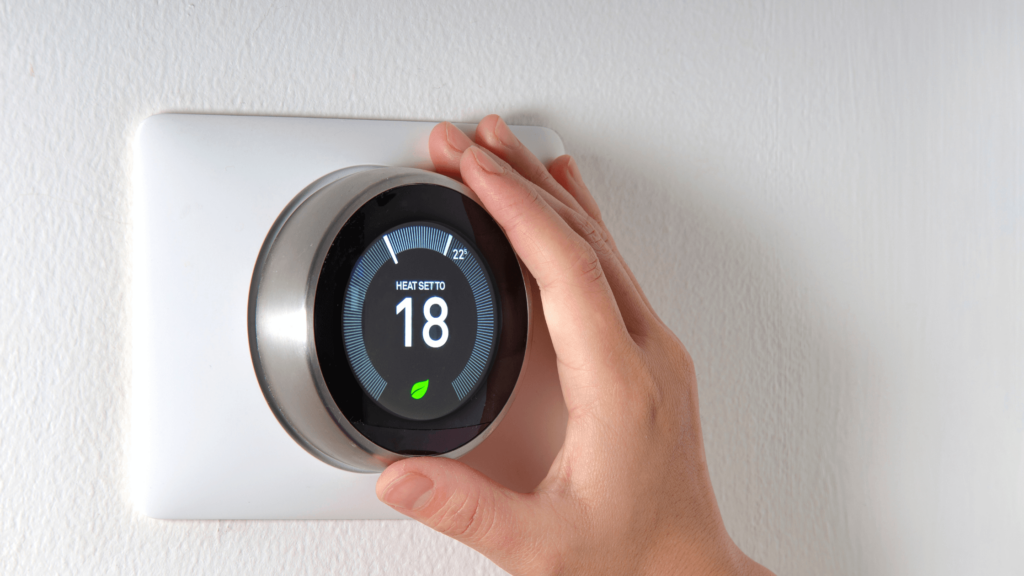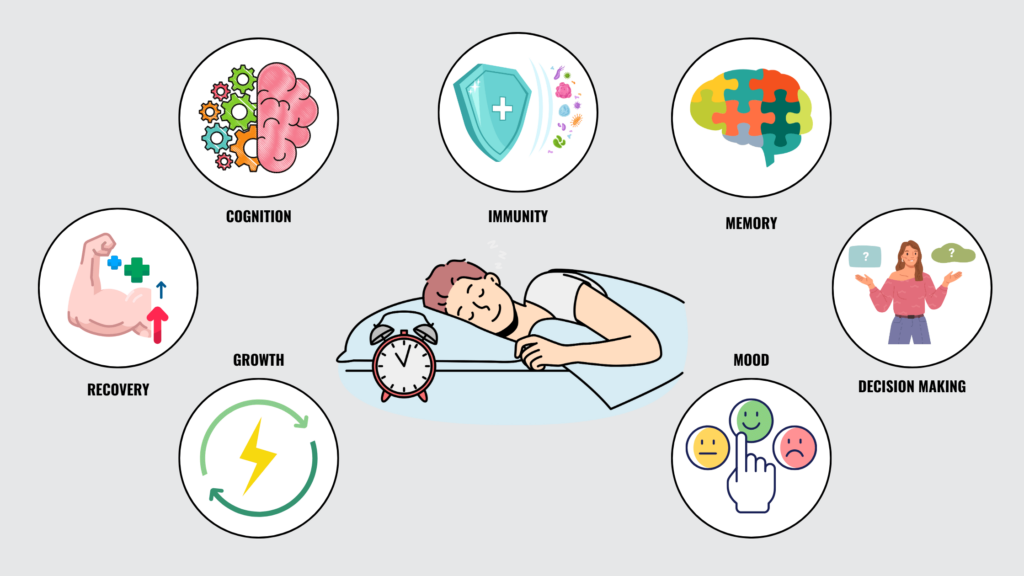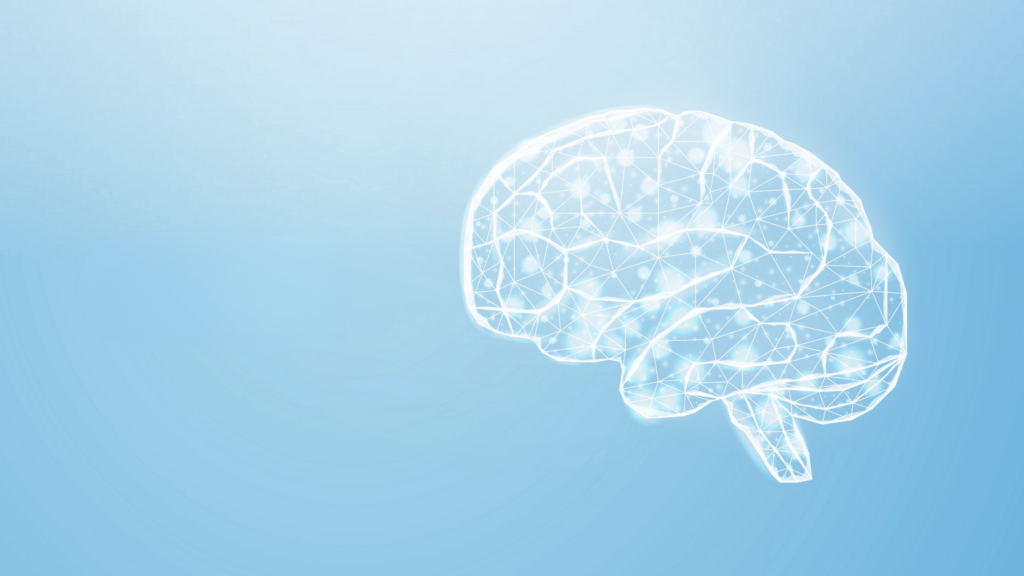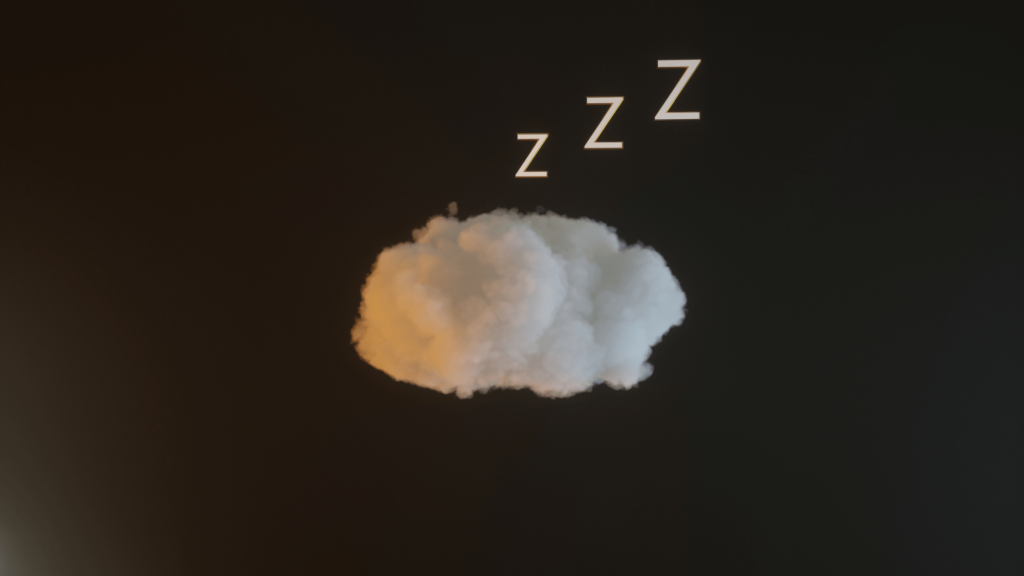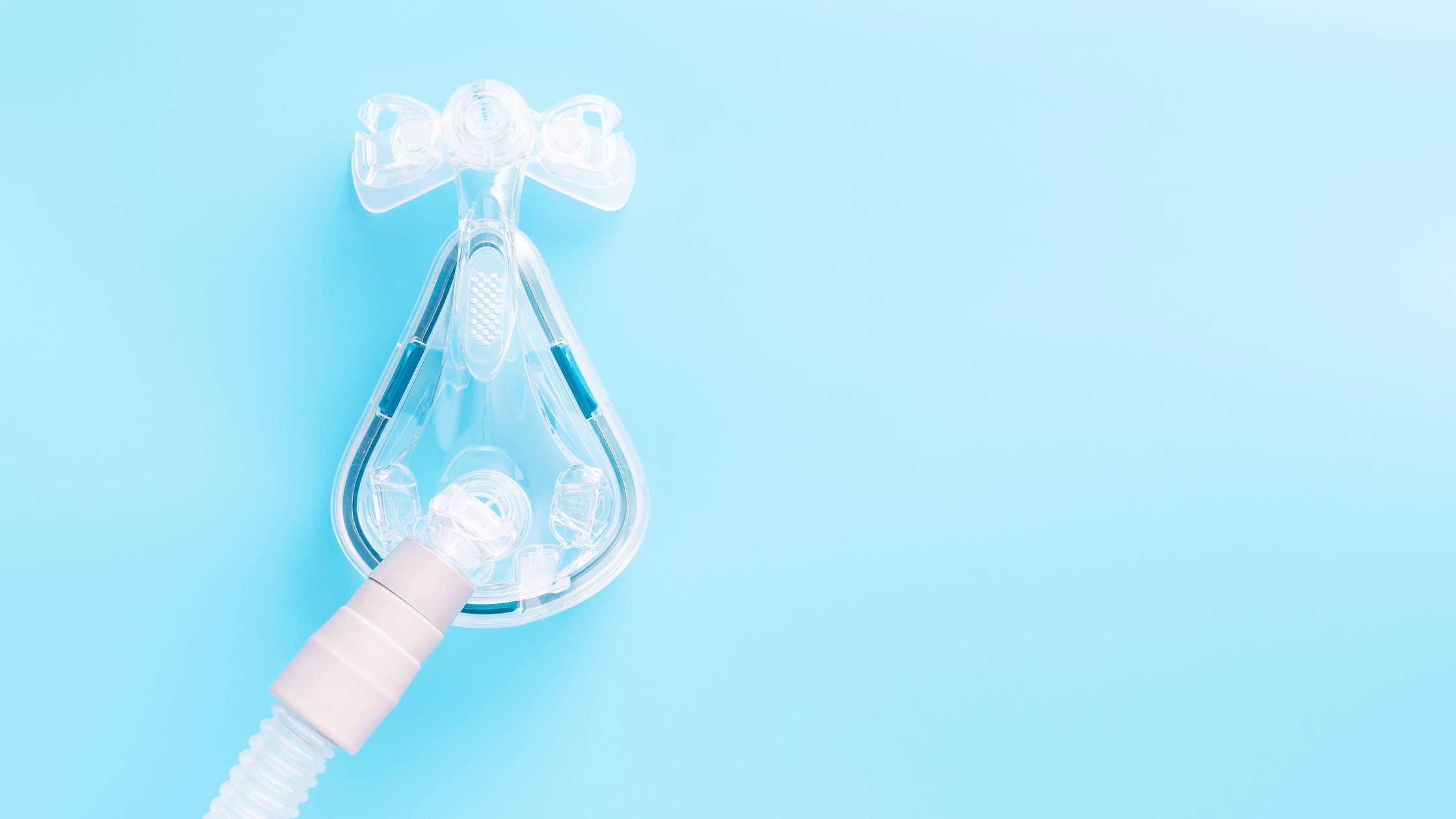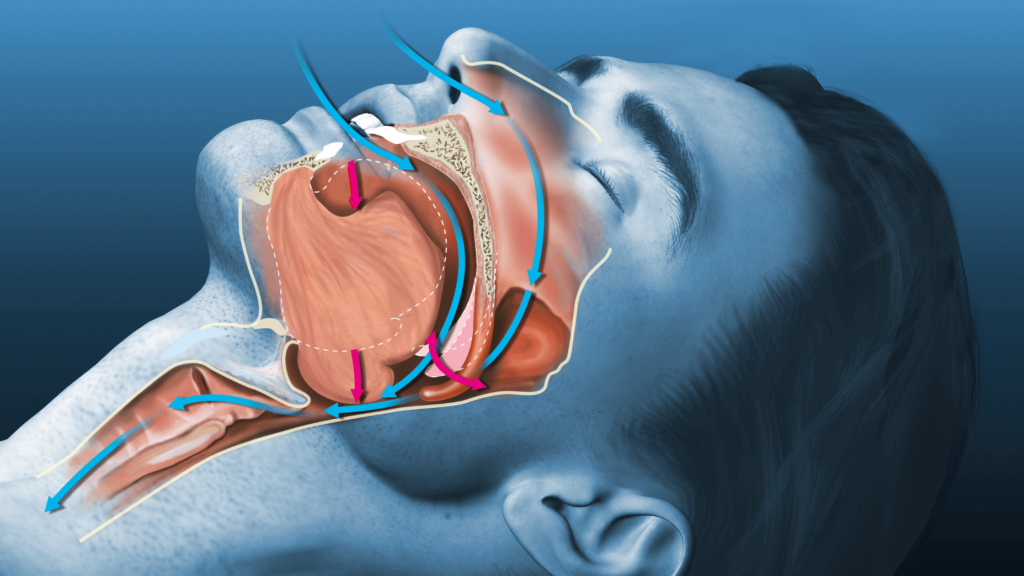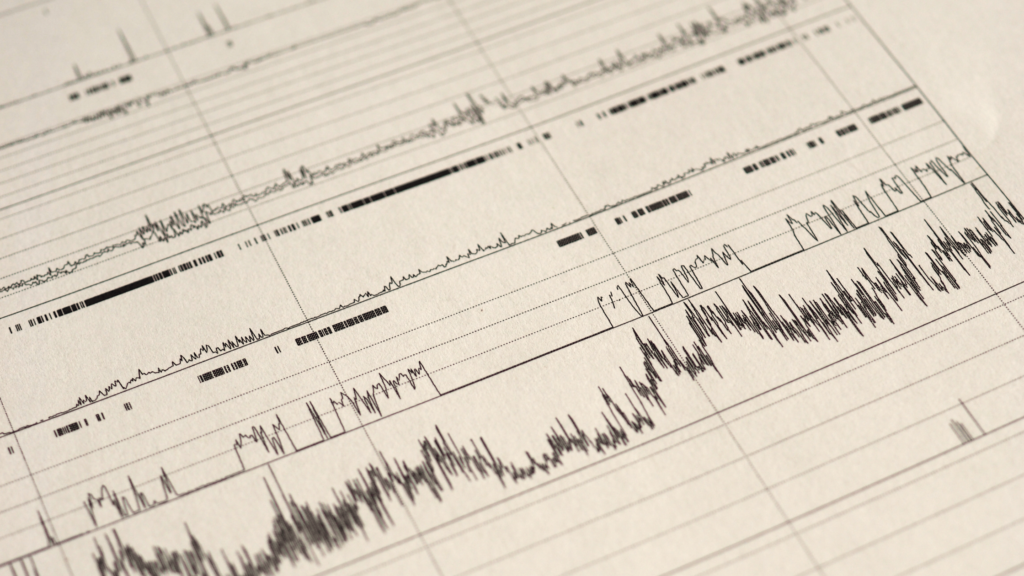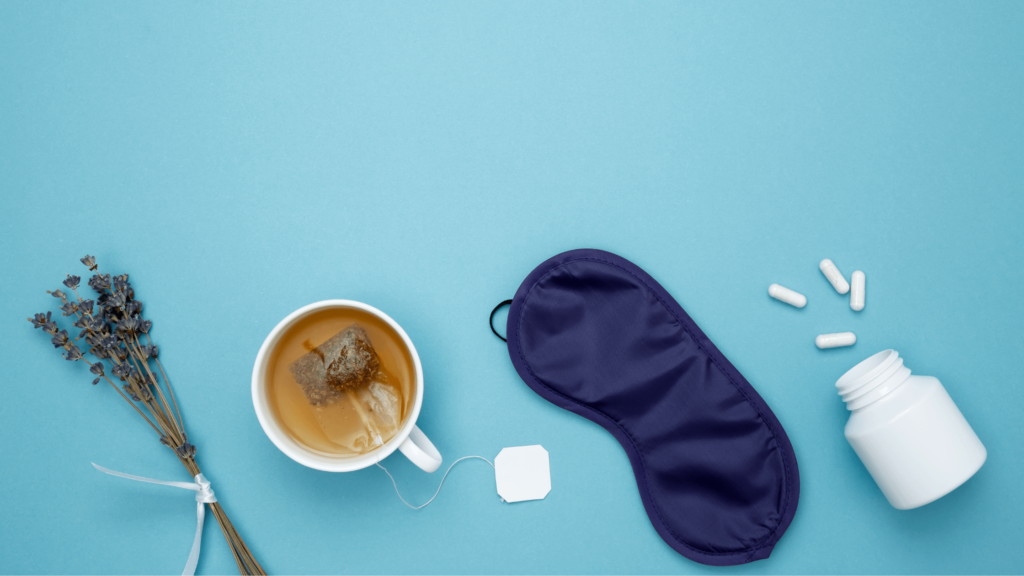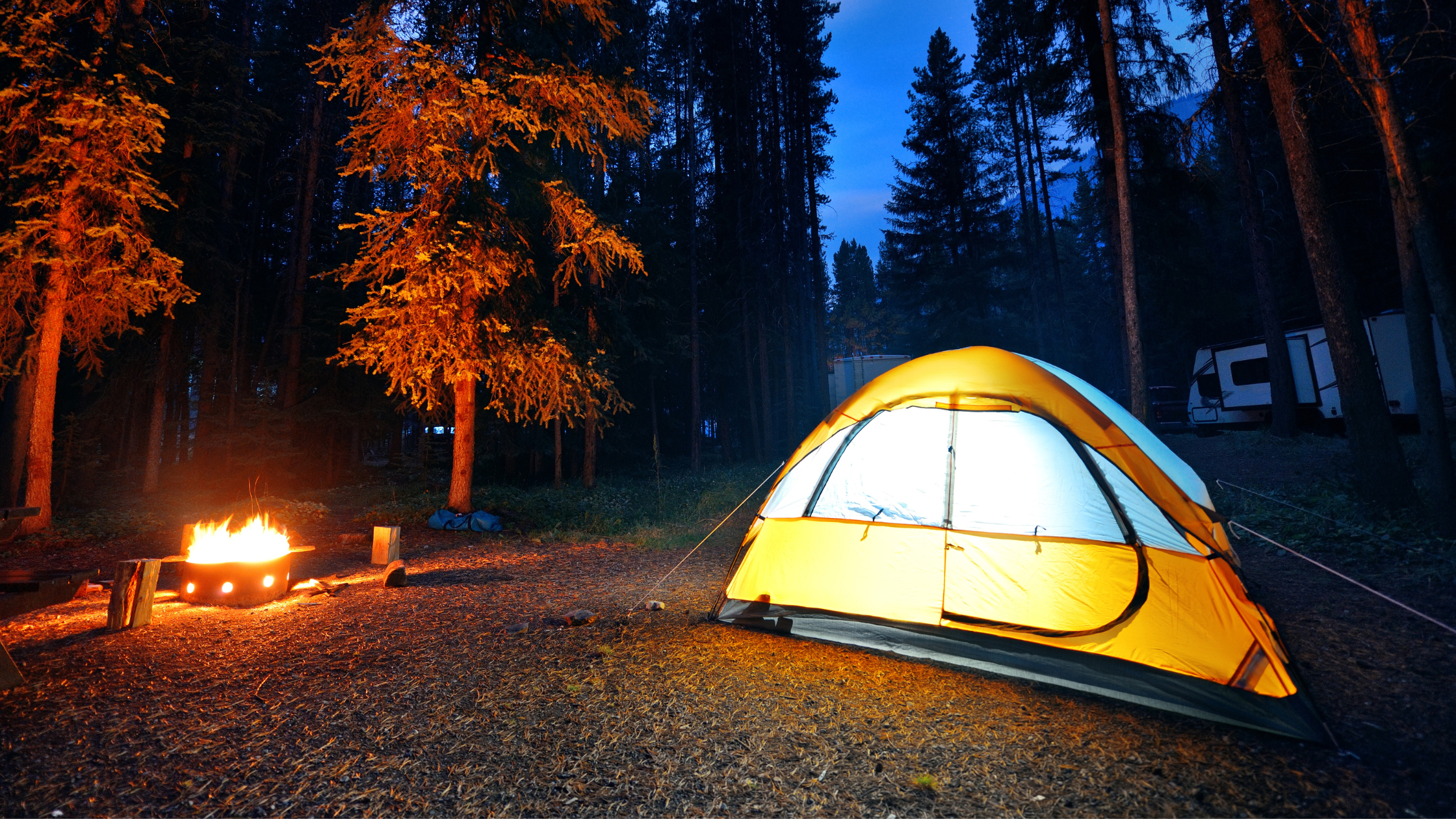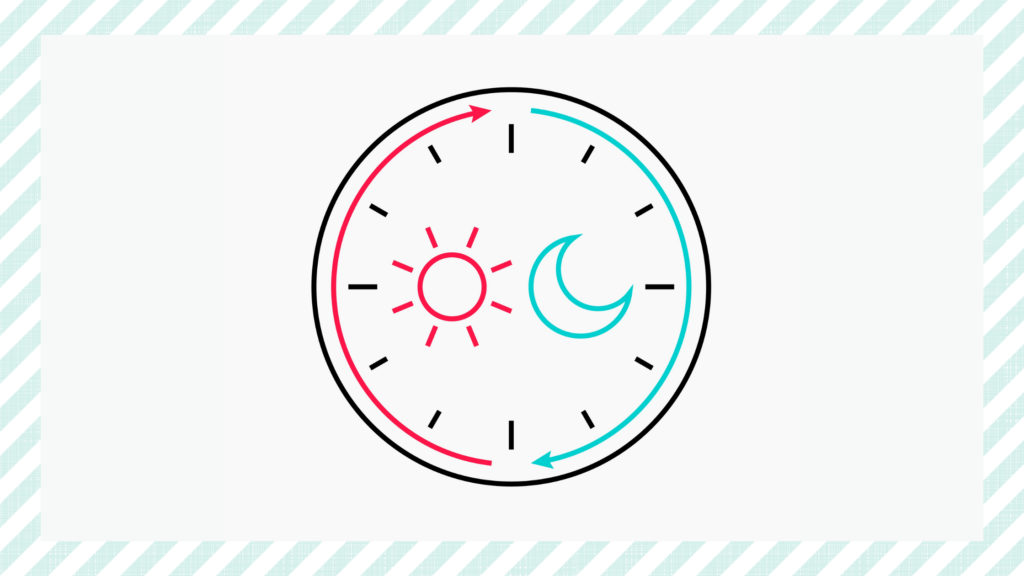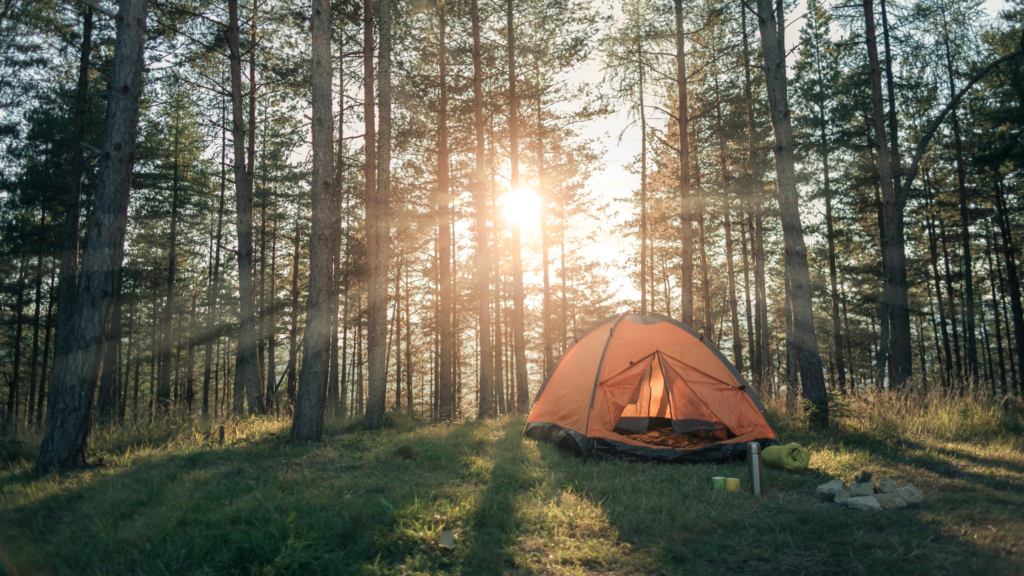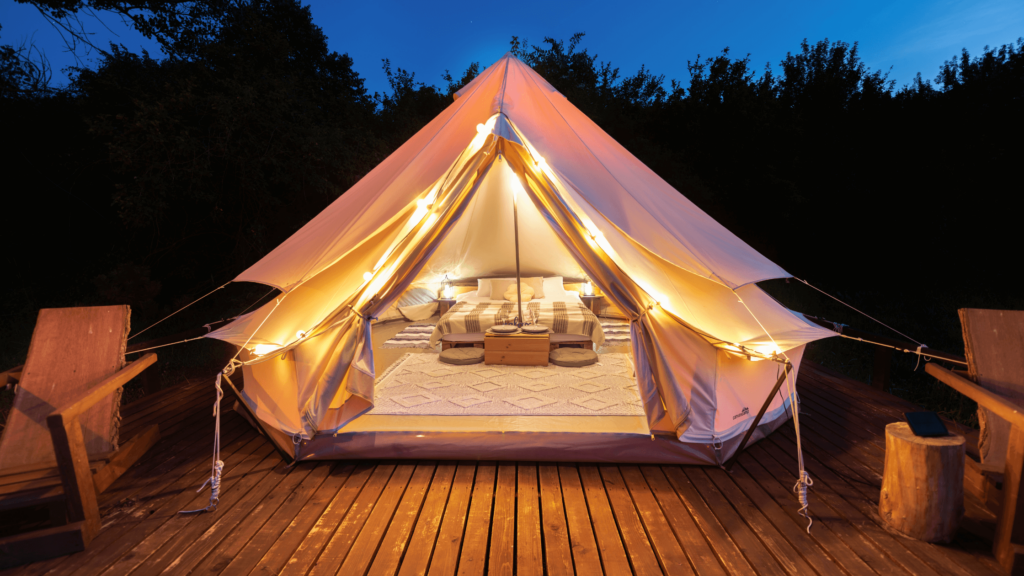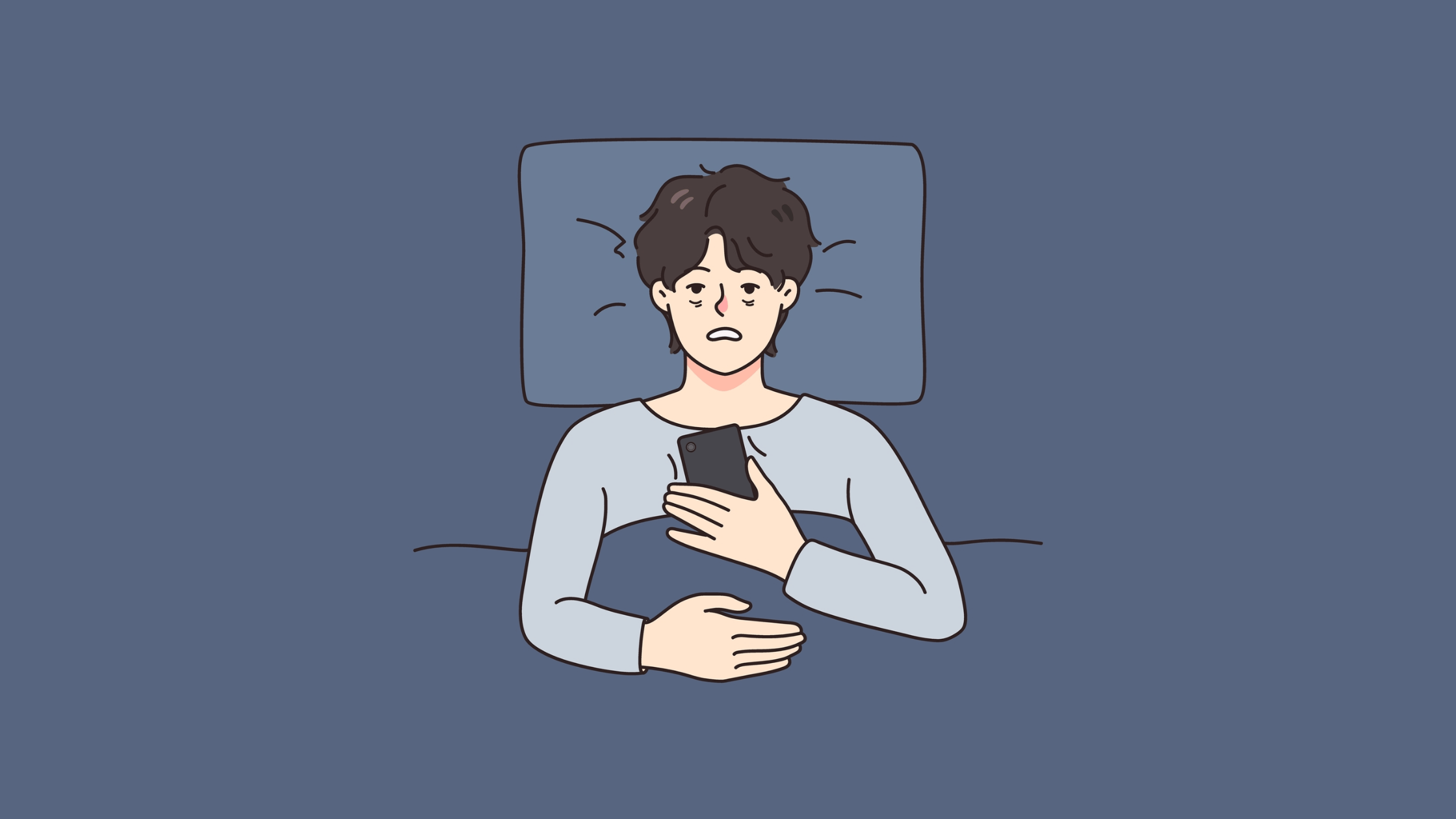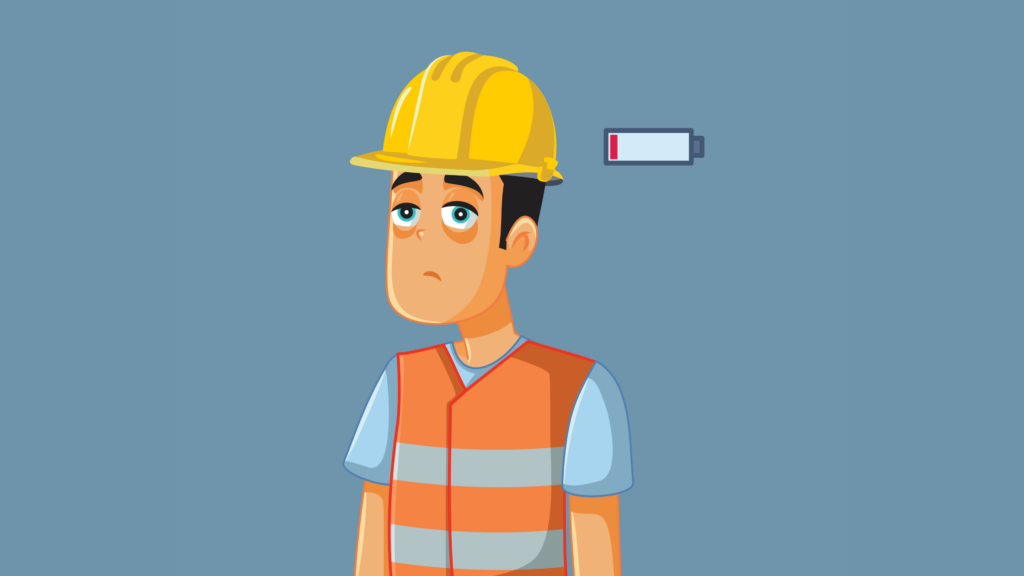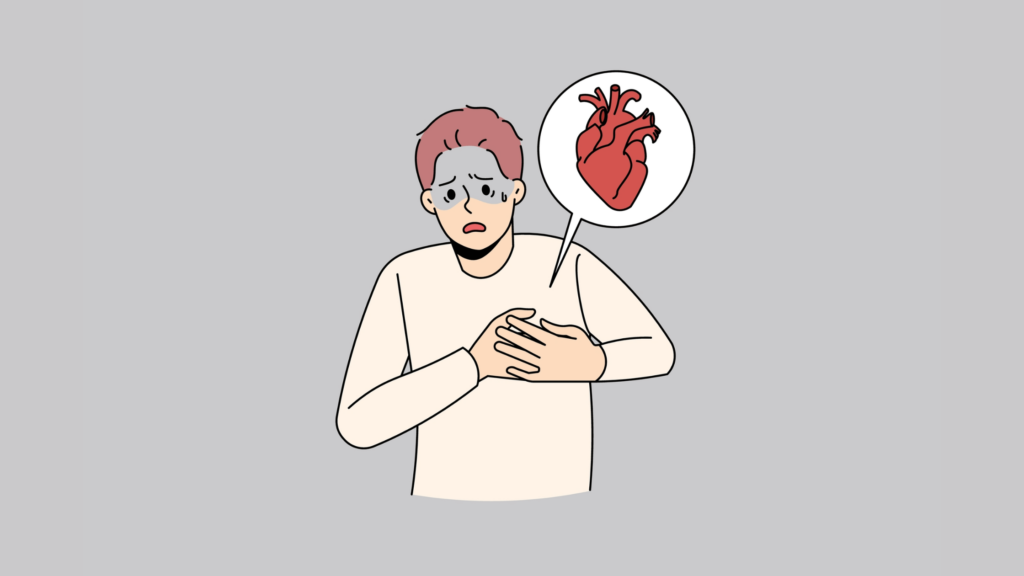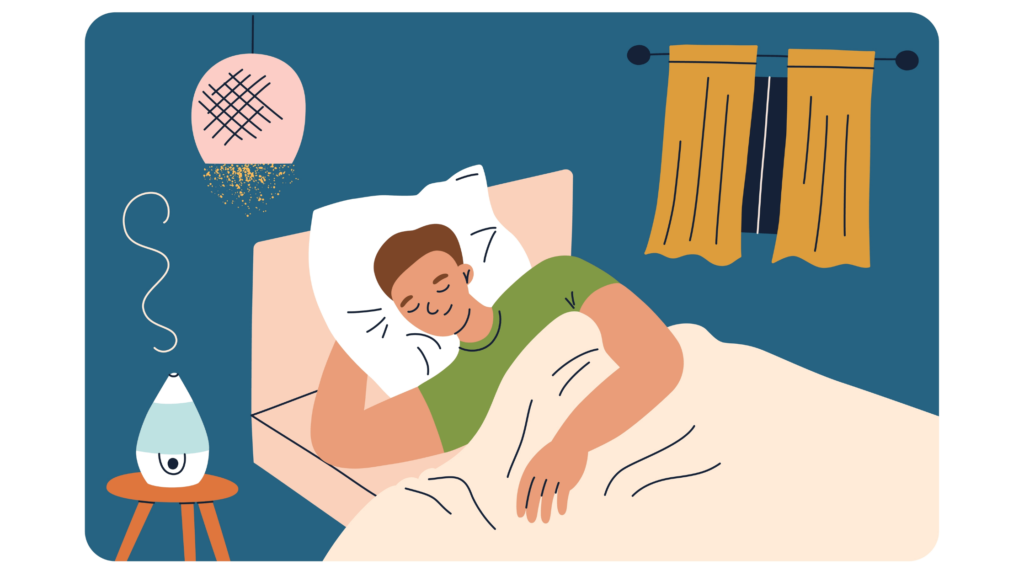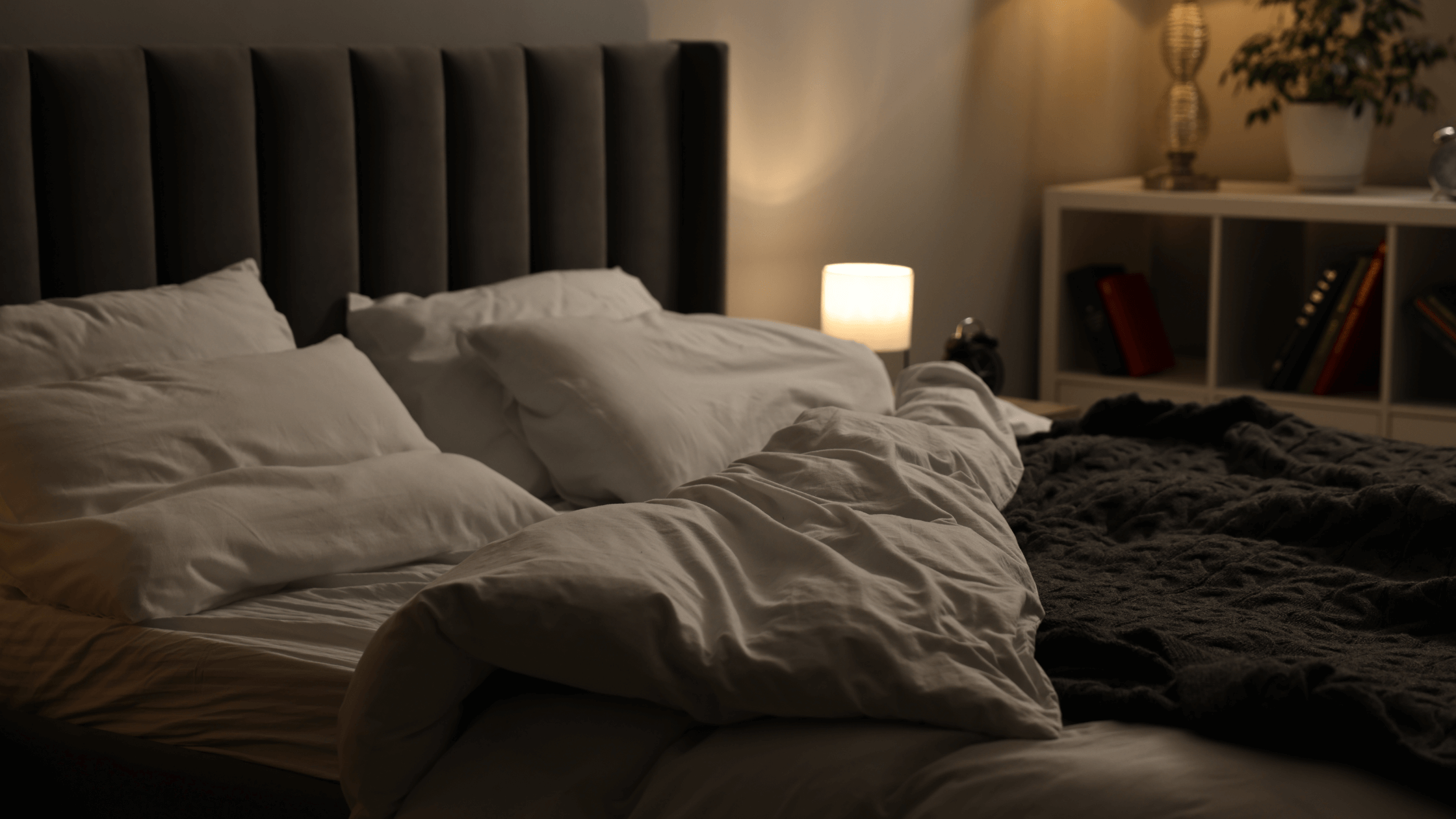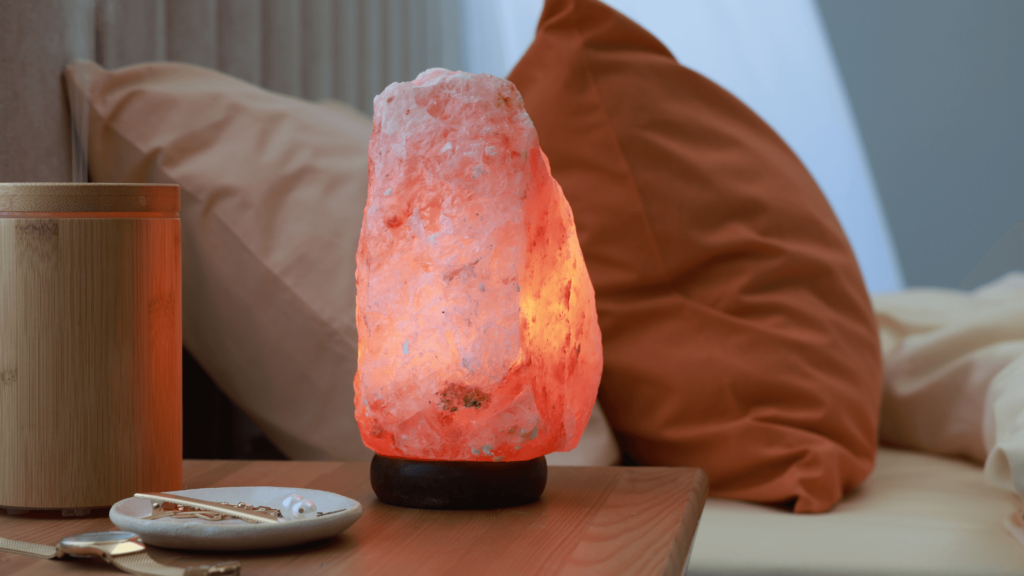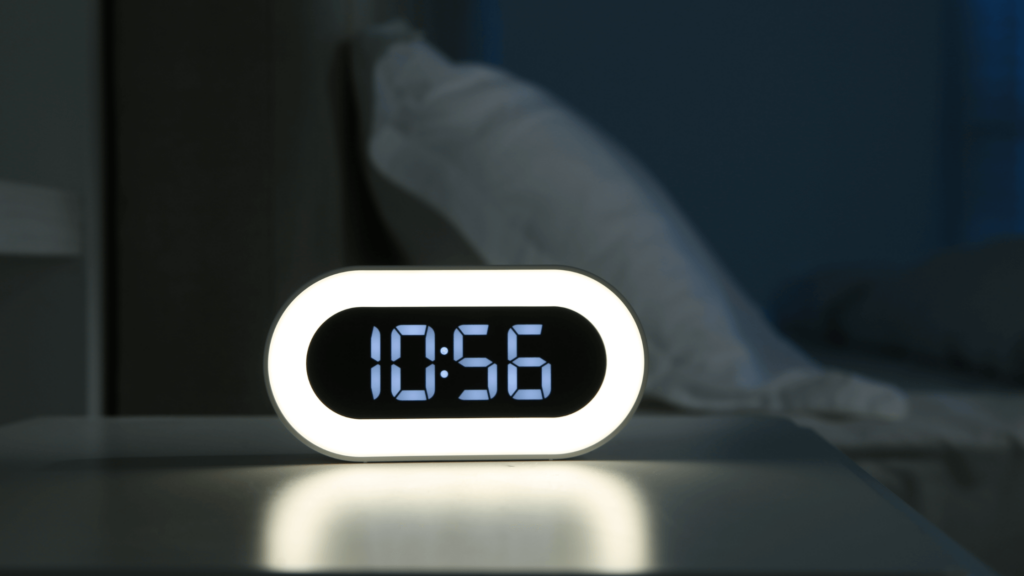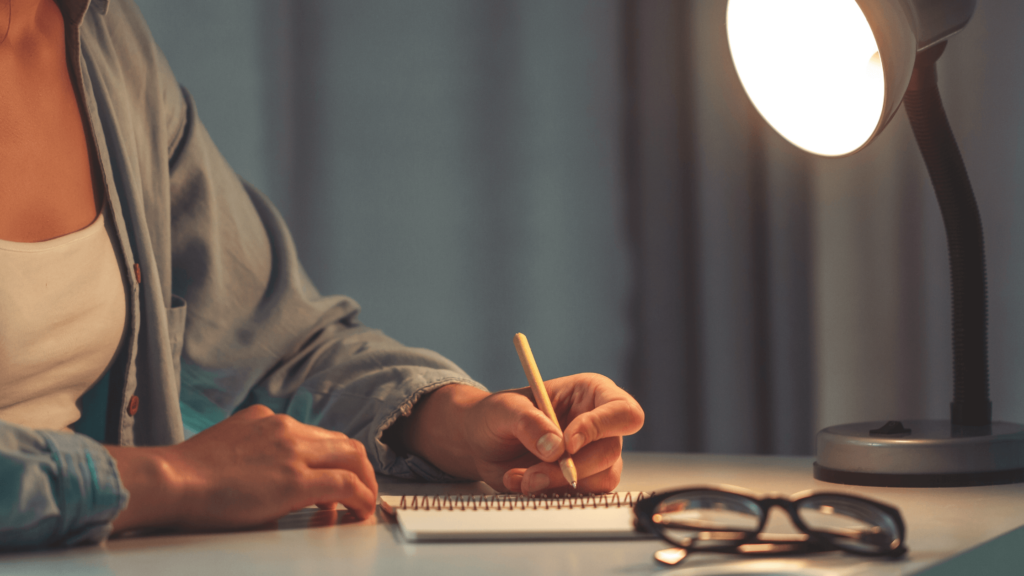Working in construction means long, labor-intensive hours that require your full attention. It’s both physically and mentally straining; without proper rest, it’s hard to feel your best. Inadequate sleep one night here and there might be normal, but sleep loss could be linked to many health conditions, including diabetes, anxiety, hypertension, and even cancer. But by exercising regularly, avoiding caffeine and alcohol before bed, and creating a calming bedtime routine, you could beat inadequate sleep and improve your health and focus in no time.
Why sleep matters for building professionals
Sleep is an essential function that more people don’t get enough of. Getting sufficient sleep at the right time is crucial for survival, as it’s necessary to form and maintain neural pathways. These pathways let you create new memories and learn. As a result, a lack of sleep slows your concentration and response time.
With a skilled trades, engineering, or architecture job, you can’t afford to make mistakes—one wrong move could result in injury or, worse, a fatality. As such, remaining mentally present and alert is essential to do your job—and do it safely. A lack of focus slows productivity and may negatively impact your mood. Even worse, fatigue interferes with safety; it impairs your judgment and can lead to mistakes that put you and your team at risk of injury on the job site.
The effects of poor sleep on the body
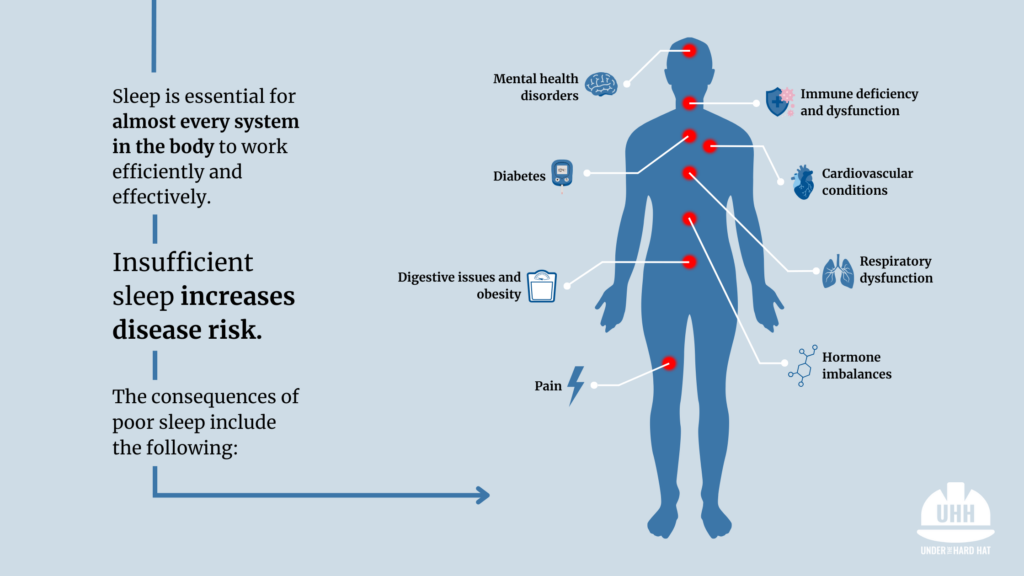
Consistent poor sleep affects more than just your physical and mental performance. While you may seem mentally drained, the effects extend beyond that—poor sleep interferes with the function of almost every system in your body.
- Digestive system: Without proper sleep, your hormones become unbalanced, and cortisol, the stress hormone, rises. Increased stress can result in intestinal permeability issues, otherwise known as leaky gut. Food and toxins pass through the intestine and enter the bloodstream, mounting an immune response. Symptoms like inflammation, stomach pain, bloating, and dysbiosis can result.
- Nervous system: The parasympathetic nervous system takes control during sleep to encourage the release of growth hormones. These hormones promote proper cell repair and tissue regeneration. Additionally, they flush out neural waste that creates a chemical imbalance in our central nervous system, spinal cord, and brain. Without sufficient sleep, the parasympathetic branch can’t do its job.
- Respiratory system: Chronic sleeplessness can negatively impact the efficiency of the respiratory system. Studies show it can reduce lung capacity, inhibit the lungs’ ability to clear airway irritants like mucus, and even lower oxygen saturation levels. This can negatively affect existing lung conditions and impact general pulmonary health.
- Endocrine system: Inadequate sleep can impact metabolic function and the endocrine system. Restricted sleep leads to altered cortisol patterns, with high cortisol in the afternoon and early evening and a shorter quiescent period than those who sleep sufficiently. This could cause glucocorticoid excess issues, like memory deficits.
7 health conditions linked to poor sleep
1. Cognitive decline
Lack of sleep has long been associated with poor cognitive health, specifically dementia. If a patient already has dementia, poor sleep has been linked to a worse prognosis. Rapid Eye Movement (REM) and Non-Rapid Eye Movement (NREM) sleep are essential for broader memory consolidation, which helps the brain reinforce information for future recall.
NREM sleep, in particular, has been linked with your brain’s declarative memory, which owns fact or statistic storage. REM sleep boosts procedural memory, like remembering a sequence of events or steps. Poor sleep inhibits your memory consolidation by disrupting your brain’s normal memory processing and functioning. Some studies also find that people who lack adequate sleep are more at risk of forming false memories.
2. Obesity
Sleep deprivation is also strongly related to obesity. Lack of sleep causes a hormonal imbalance, throwing off appetite and hunger hormone levels (leptin and ghrelin).
Leptin helps your body feel full, and ghrelin makes you feel hungry. Leptin typically rises during sleep, and it may be the case that when you don’t sleep enough, your leptin decreases, making you feel hungrier and causing you to eat more than you need. Additionally, sleep disruptions boost your ghrelin, thereby increasing your appetite.
3. Diabetes
Have you ever noticed that you feel more irritable and short-tempered when you don’t sleep enough? Insufficient sleep has been linked to worsened blood sugar control, regardless of whether diabetes is present. In a 2023 study, researchers found a strong tie between inadequate sleep quality and metabolic syndrome. They also found irregular insulin levels, fasting blood sugar levels, and insulin resistance, all precursors for type 2 diabetes.
4. Cancer
The correlation between cancer and sleep deprivation depends on how the sleep data is collected, the types of cancer considered, and how other influences of cancer risks are accounted for. One study found that people with short sleep cycles have an increased cancer risk.
Short sleep cycles, in particular, have been linked to increased risks of colon polyps that could become cancerous. In older people, some research ties lessened sleep to a greater likelihood of thyroid cancer, stomach cancer, and cancers of the head, bladder, and neck. These studies, however, do not provide concrete evidence but suggest that sleep loss has far-reaching effects.
5. Anxiety and depression
Some research shows that chronic sleeplessness and insomnia lead to an increased risk of depression and anxiety. It’s estimated that approximately 40% of people with insomnia also have clinical depression.
The mood-sleep relationship is complex and bidirectional. Insomnia is considered an independent risk factor for depression and anxiety in people of any age. Sometimes, separate treatments for insomnia and mood disorders are required, and in other cases, improving sleep can positively impact the mood disorder without independent treatment.
6. Hypertension and heart disease
Sleeplessness affects the bodily processes that keep your blood vessels and heart healthy. The vessels that impact your blood pressure, blood sugar, and inflammation levels especially. People who don’t get enough quality sleep are often more likely to suffer from hypertension and cardiovascular disease.
When we lack sleep, our bodies rely more heavily on the sympathetic nervous system, the fight-or-flight branch of the central system. This puts stress on the heart and could lead to increased risks of heart attacks or coronary artery buildup in the long term.
7. Impaired immune function
While sleeping, your immune system produces infection-flighting cytokines and antibodies. These substances combat foreign invaders like viruses. Some cytokines also help you go to sleep, which gives your immune system a way to defend itself and the body against illnesses effectively.
Sleeplessness blocks your immune system from establishing its normal defenses. If you don’t get adequate sleep, your body may struggle to fend off viruses and bacteria, and it might take longer to recover if you do get sick.
Getting the sleep you need
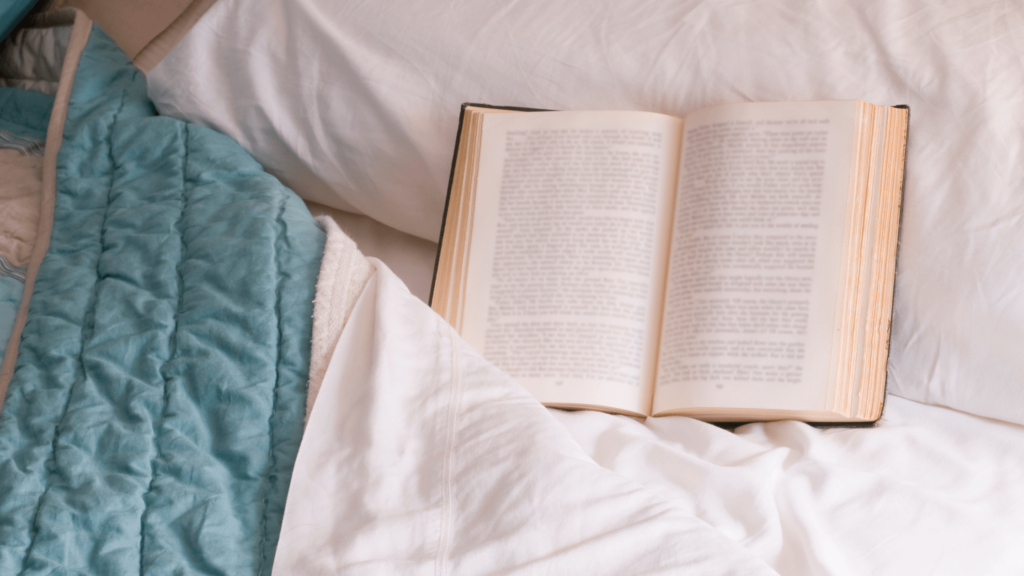
In all of this, there is good news! If good sleep doesn’t come often, there are small changes you can make to your everyday actions to improve your short and long-term health and safety. Here are some tips to optimize your sleep patterns:
- Move your body for at least 30 minutes a day. This can be as simple as walking after dinner or hitting the gym for strength training.
- Avoid nicotine and caffeine late in the day and alcohol before bed. It blocks your body’s adenosine receptors and inhibits feelings of sleepiness.
- Do something to unwind before bed. You can try reading, taking a warm bath, or practicing a series of relaxation techniques.
- Be consistent with your sleep routine. Wake up and sleep at the same time daily, even on weekends.
- Set up your room environment to support sleep. Avoid bright lights in the bedroom, keep the temperature comfortable (between 68-72°F is optimal), and avoid using screens, especially before bed.
- Don’t lie awake. If you have trouble sleeping, try reading or listening to music until you feel tired.
If none of these help, consult your healthcare professional for the next steps. Luckily, most sleep disorders can be effectively treated.
Bottom line
Sleeplessness can have short and long-term effects on your health, like cognitive decline and dementia, type 2 diabetes, depression and anxiety, and immune dysfunction. Luckily, there are ways to intervene, improve your sleep, and lessen the risk of these conditions affecting you.
To have a long, happy career in construction, you must prioritize your health. This starts with getting adequate rest at night. Try being consistent about your sleep time, relaxing before bed, and avoiding harsh lights in the bedroom.
Like this and want more health and wellness content like it? Subscribe to our weekly newsletter and follow us on social media for more tips and advice on staying healthy in the building industry.
